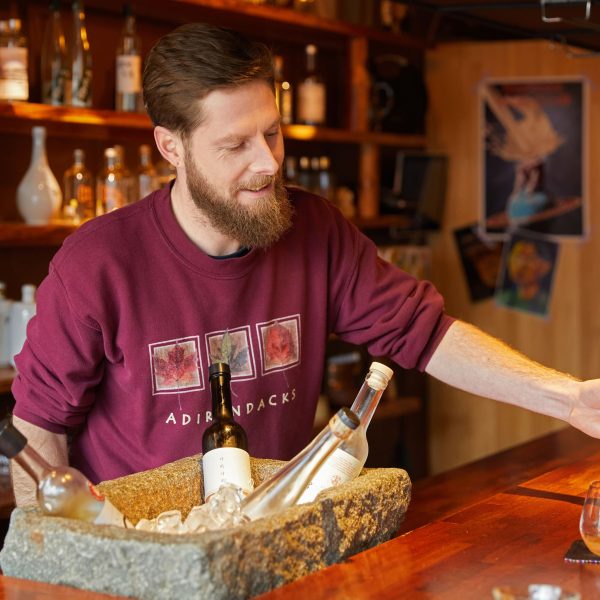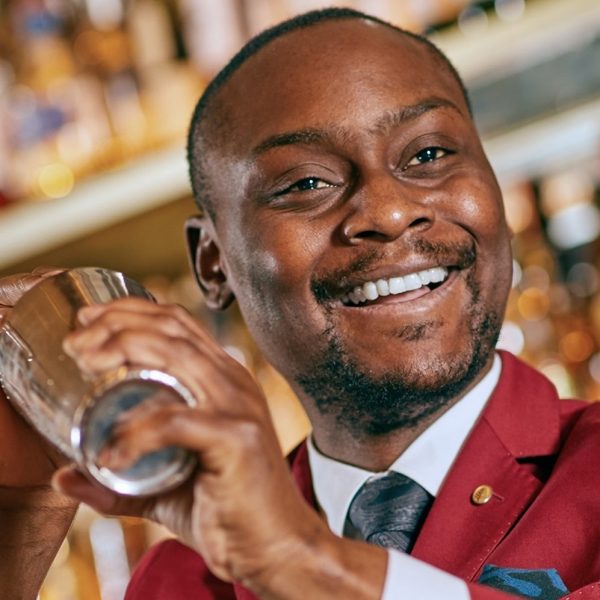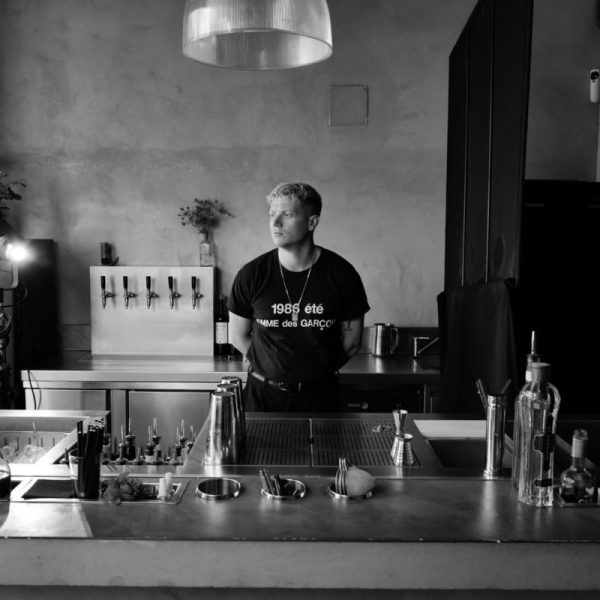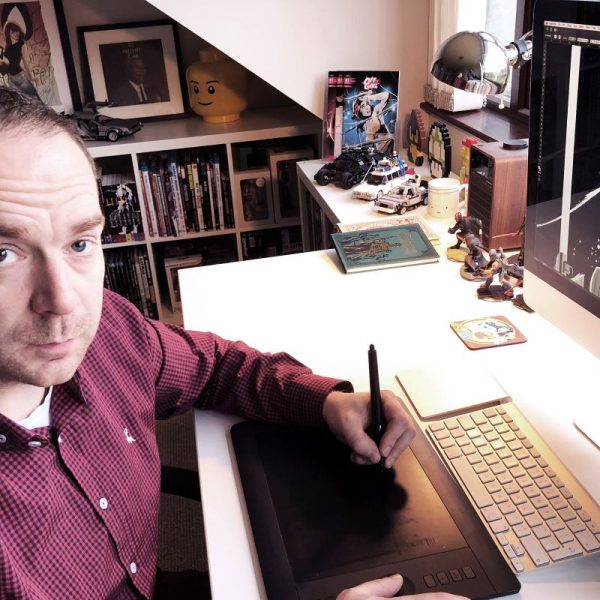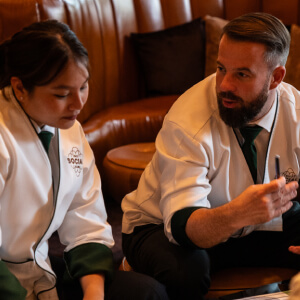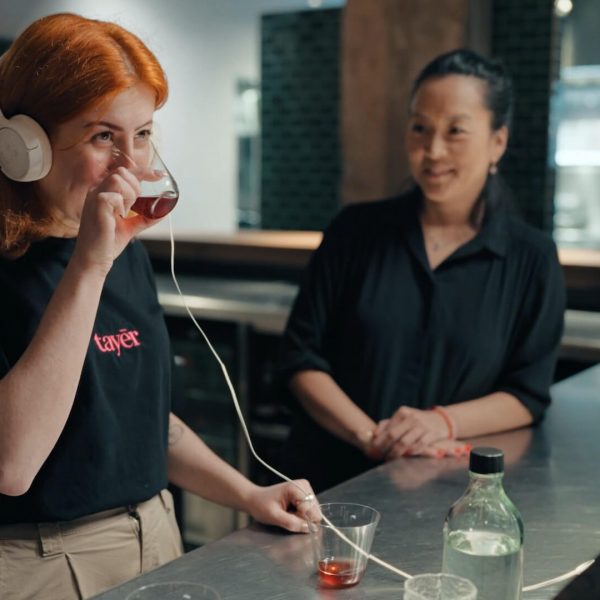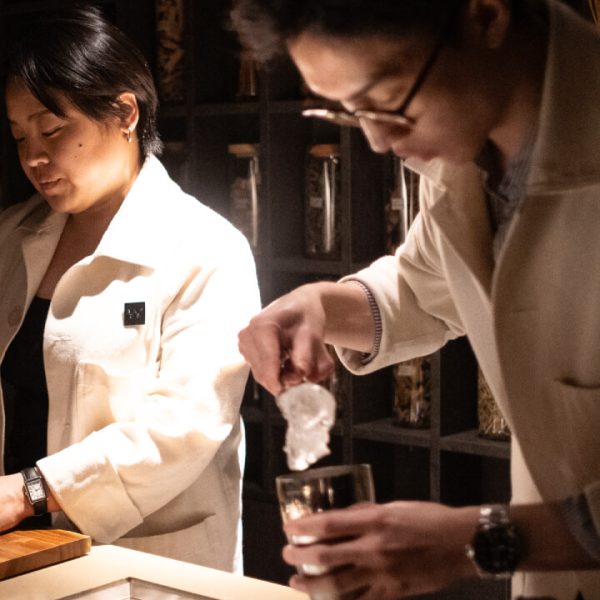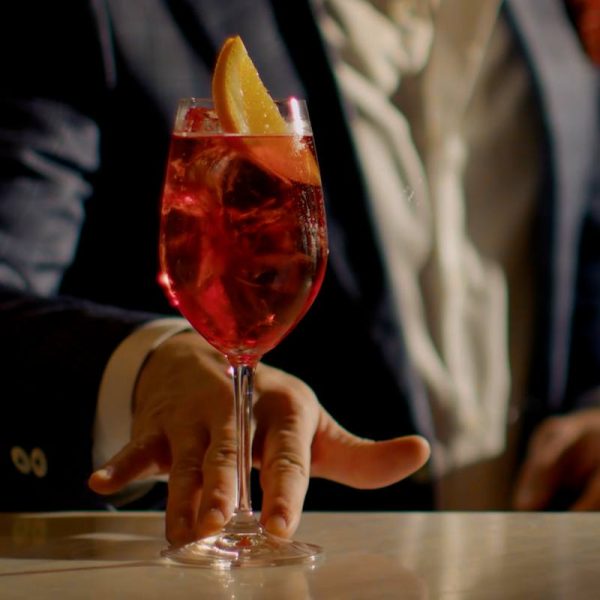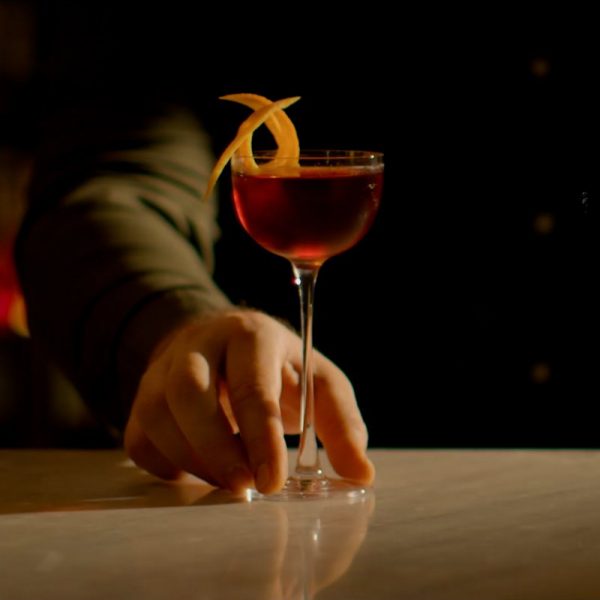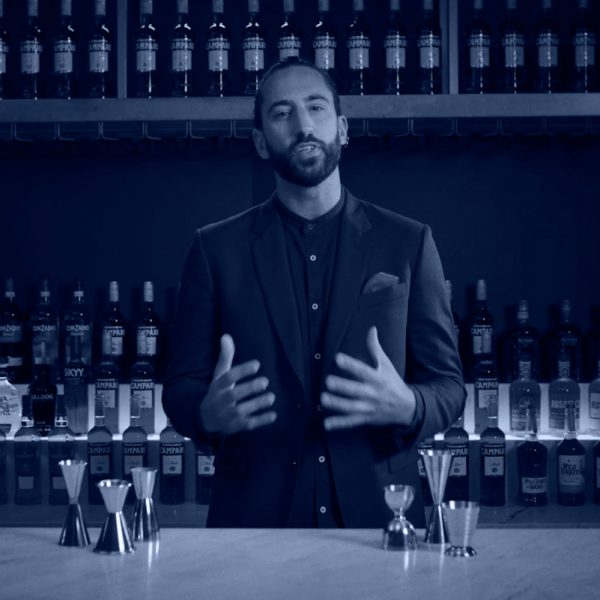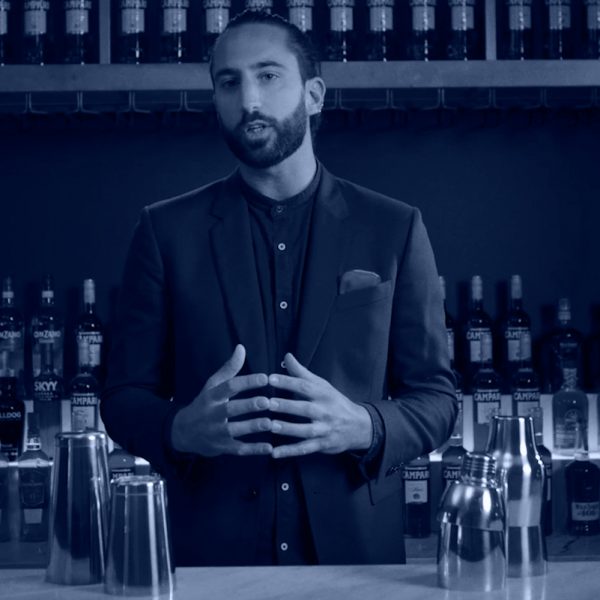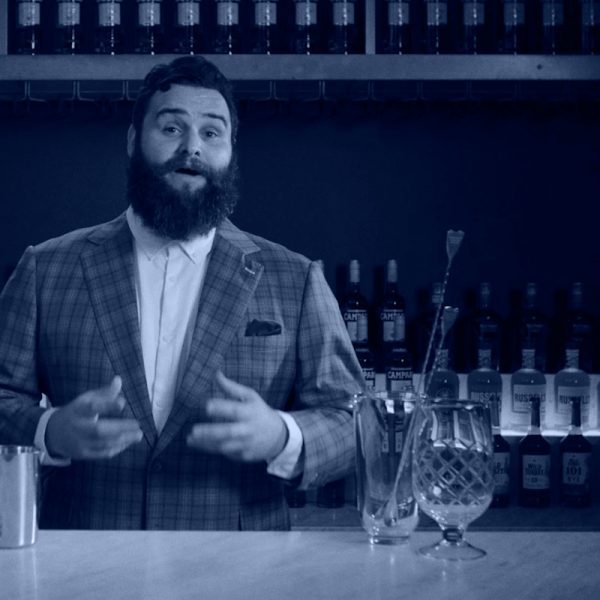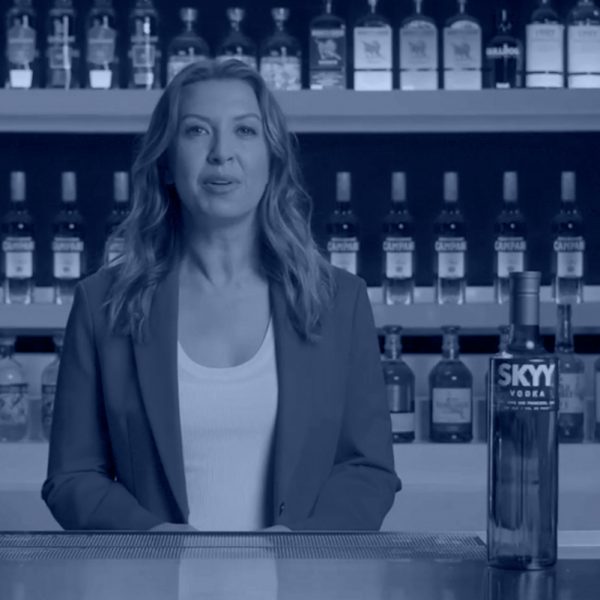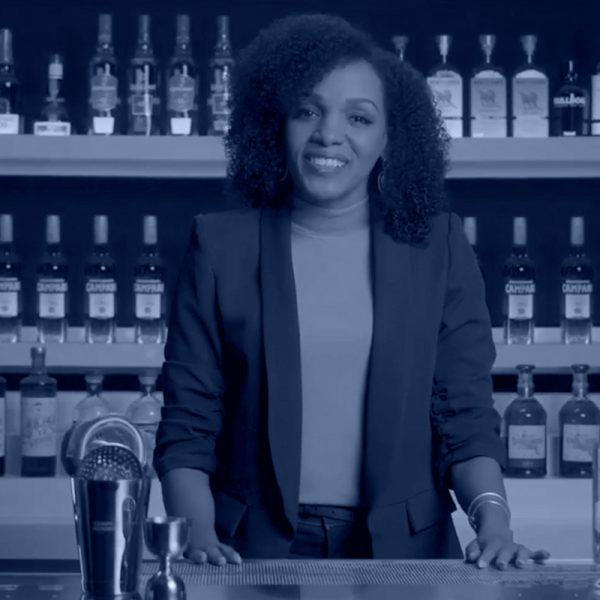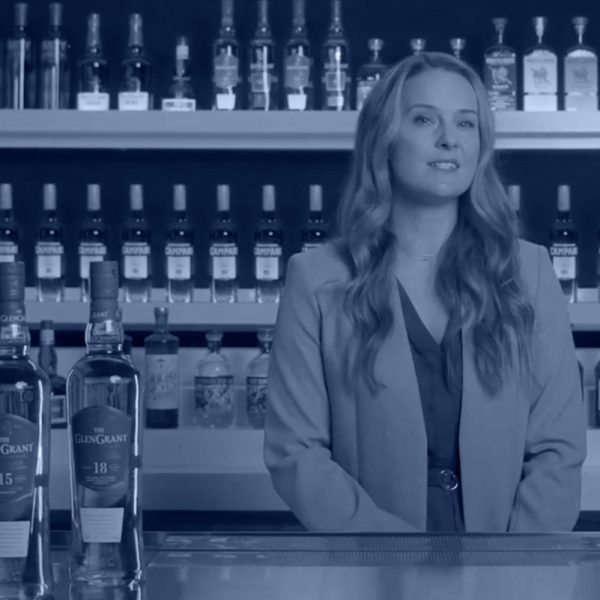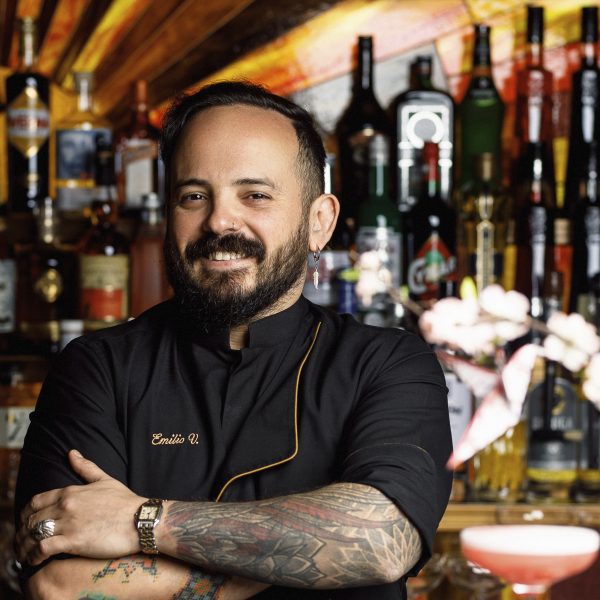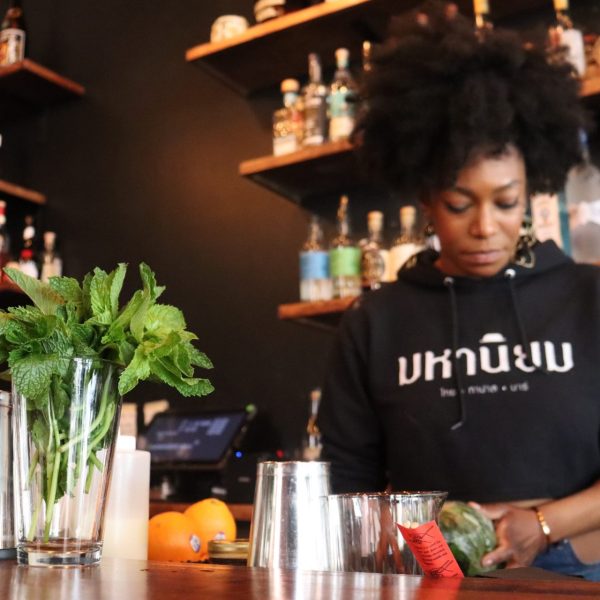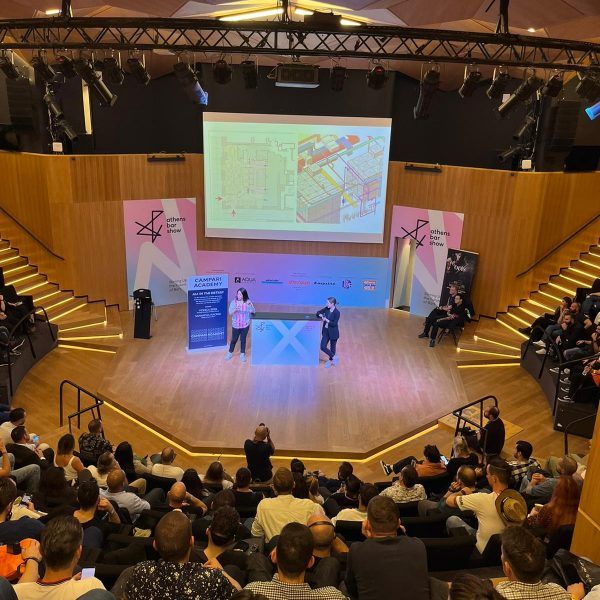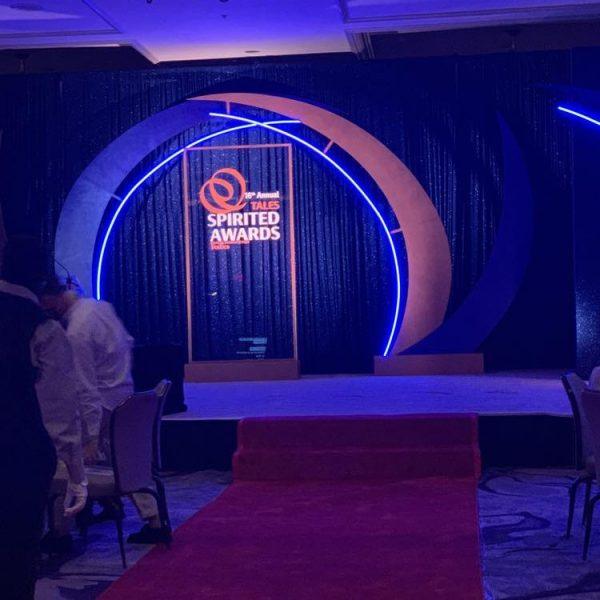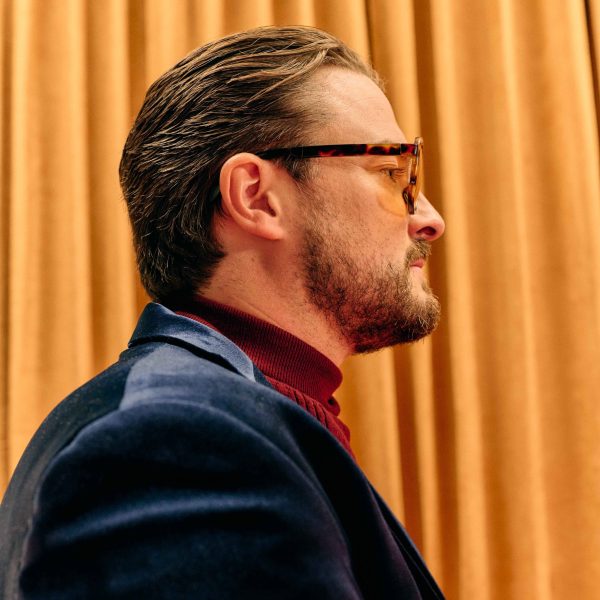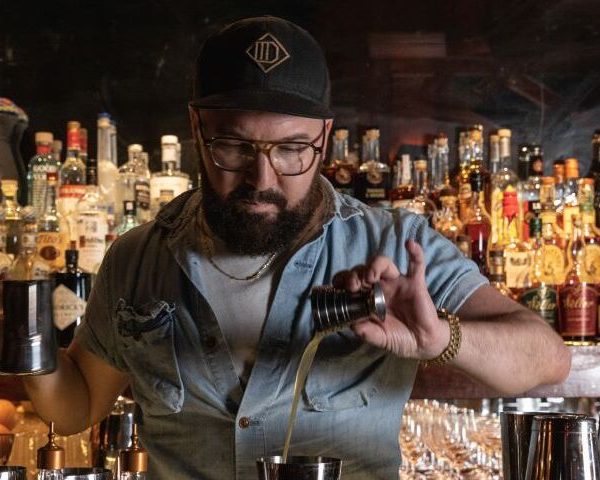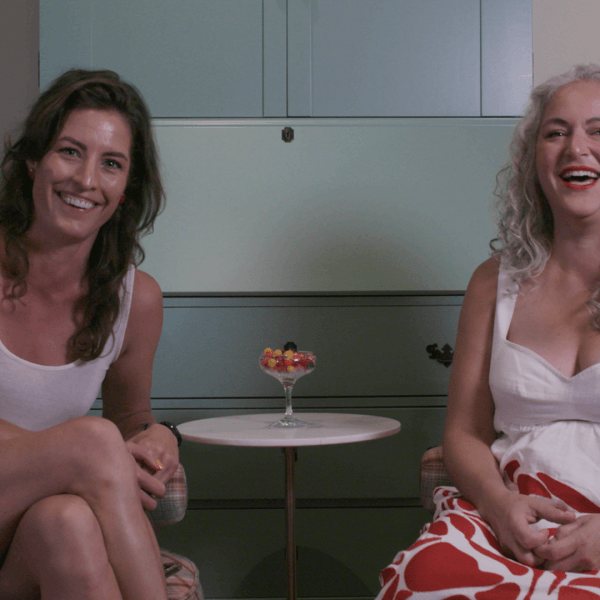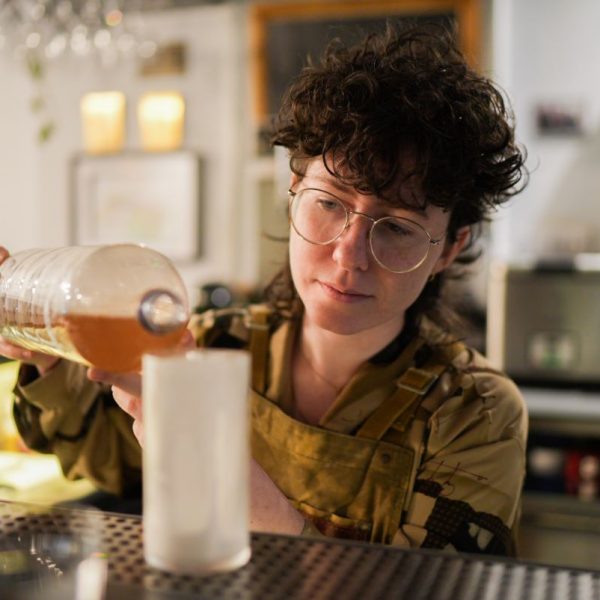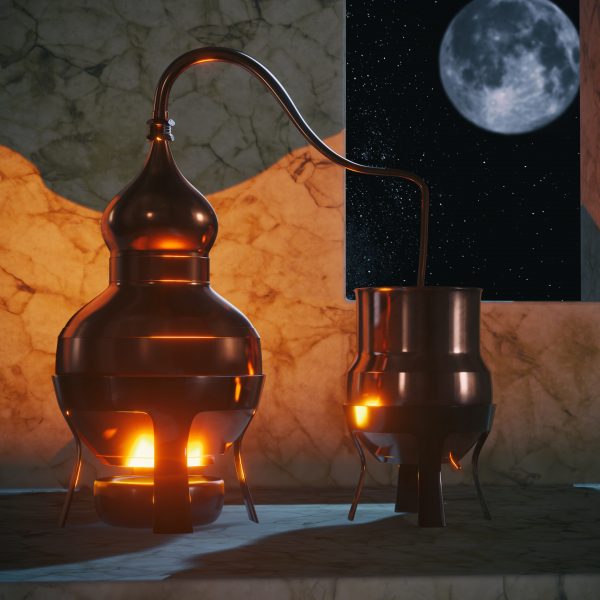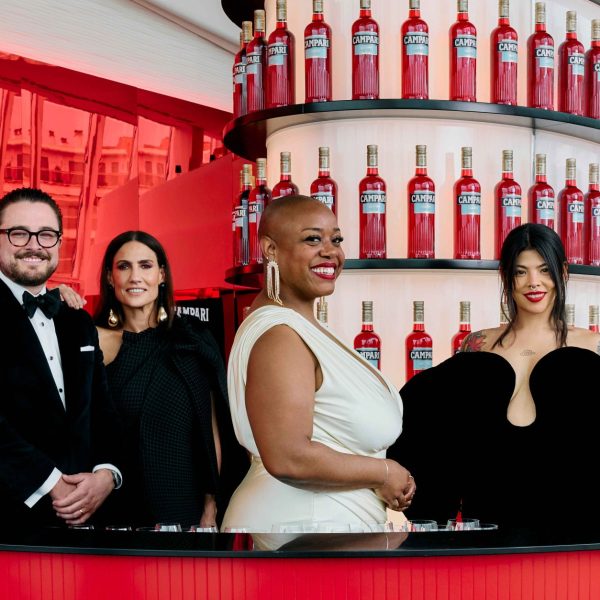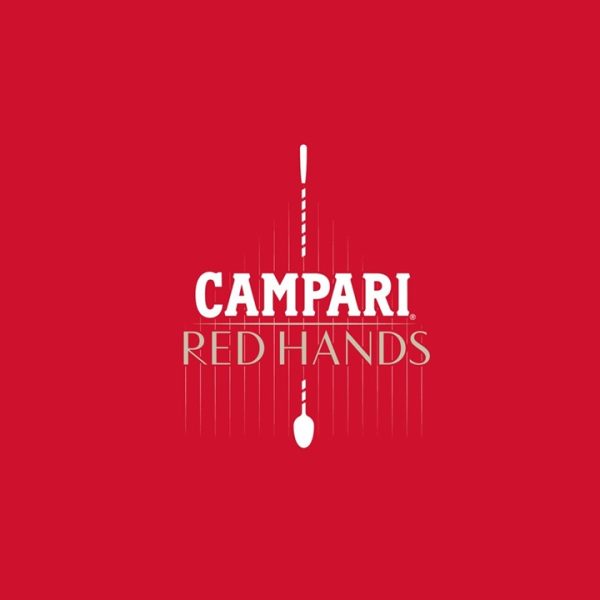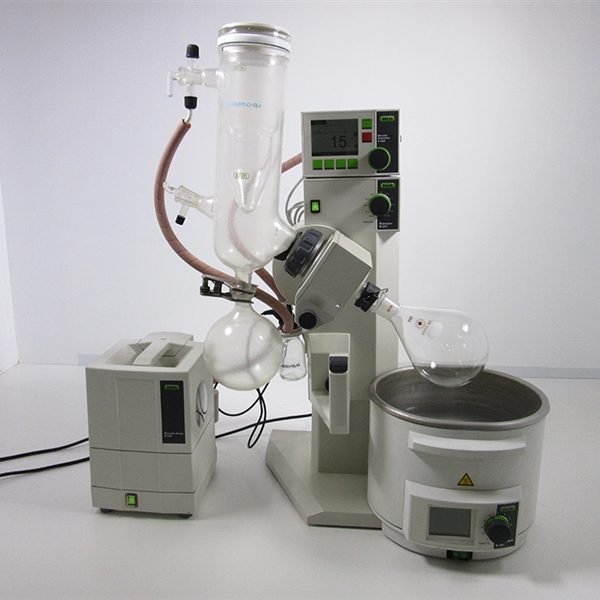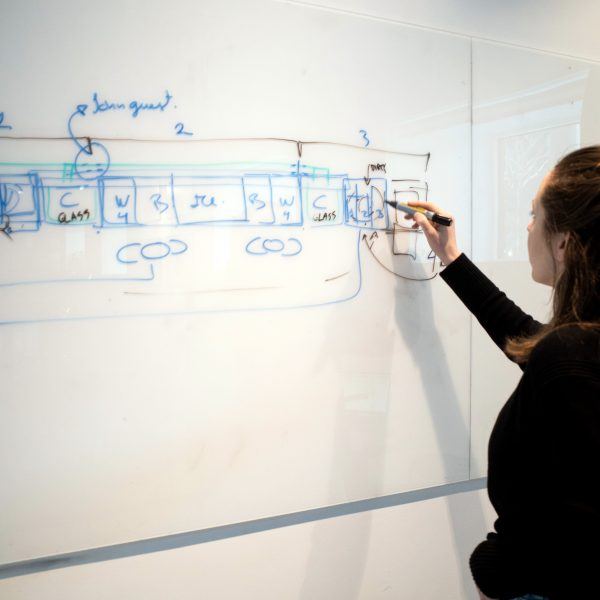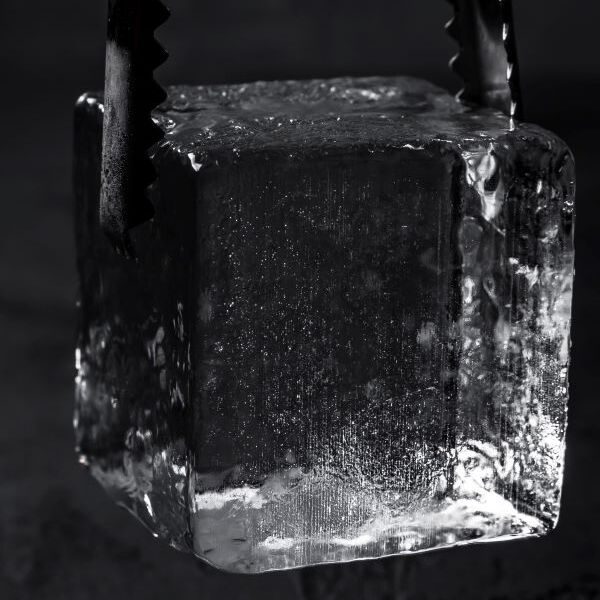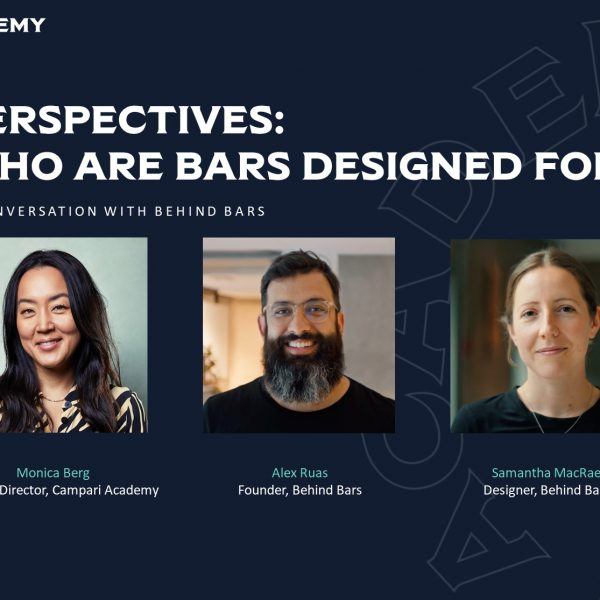The Impact Of Technology On Bar Business: Joe Weiss and Cisco Meraki
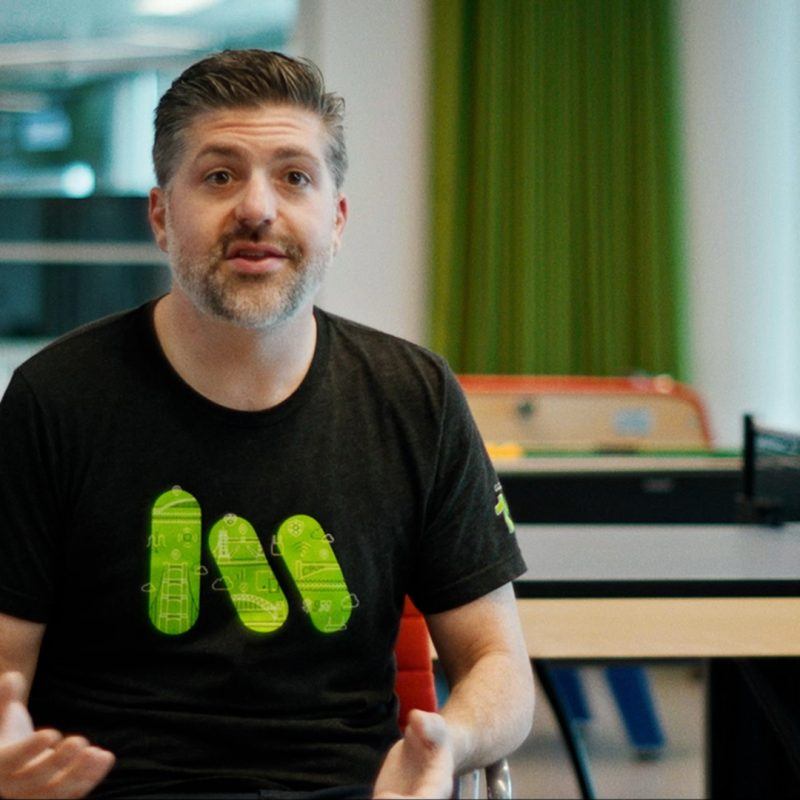
Cisco Meraki is the cloud networking side belonging to Cisco. All of the devices and technology we build are designed to work smoothly and to be simple to manage, and most importantly, to be coherent. Everyone, from a small bar that might only have a few devices, to our largest enterprise customers that handle tens of thousands of them, they all manage their technology in the same way. And that’s one of the key points that make Cisco Meraki unique, because usually, each device has a customised management system. We believe one doesn’t need to make a choice.
I, specifically, look after the smart camera and sensor product portfolio, which means we focus on two major areas: physical security and business intelligence. In a simple and easy to comprehend way, we allow you to get information and knowledge about your physical space, in the digital world. For bars and restaurants, this means, for example, your fridge, through cloud connection, can provide you with a report of temperature throughout the day, so this data is always at hand: and before it eventually fails, it’s right there in front of your eyes. That’s the key, anticipating problems, taking really complex concepts and turning them into simple things to handle.
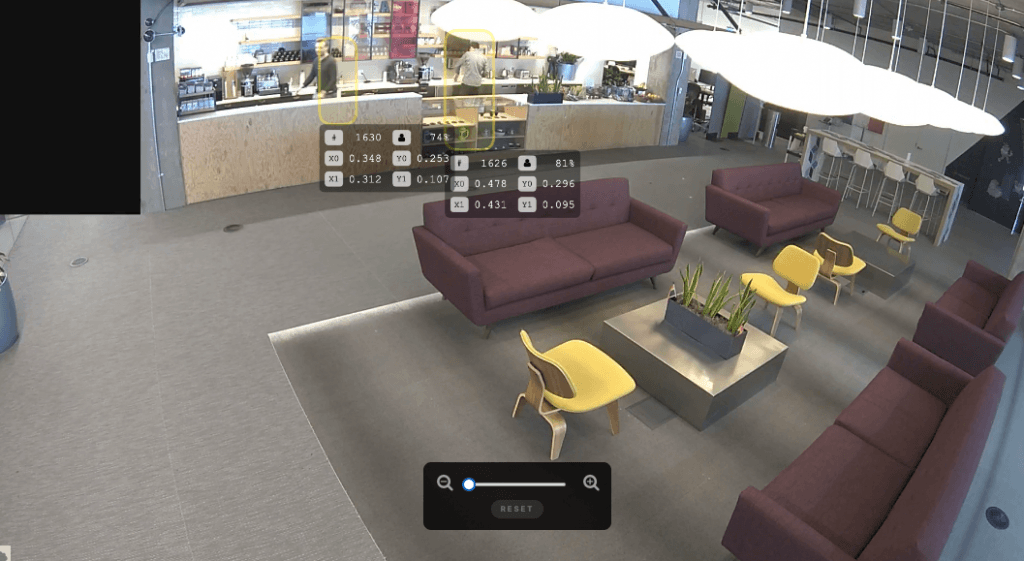
I’ve been working at Cisco for six years, and I’ve been part of this division for the last three. I had started a path in hospitality being a busboy, prepping tables and doing the work. I then moved to technology for most of my career, but I’ve always been grounded in providing a great experience and making it easy for everyone. When I began in hospitality we were shifting from manual to tech with the introduction of the electronic point of sale, digital communication was major. Then we went on to automation, but it rarely caught on for a variety of reasons. To be able to execute needs training, which costs money. And in general, most recent technologies are not worth it. As an example, we saw a rebirth of QR codes, due to recent events: they can of course help in a way, but often they can turn into a barrier against a pleasant experience. What if the wi-fi is not working, to name one? The core infrastructure is the key, the one you should invest in, and that’s what we do, we build it so that products like cameras, sensors, apps can all work together.
All the needs are the same for bars and restaurants. The technology we build is agile and handy, helps a professional in both dealing with daily problems and planning the future success of a business. Let’s take our refrigerator monitor, for example: if your fridge goes out, it’s a problem (and it generally happens during holidays, late on a Sunday afternoon or during the most unthinkable moments). Through one single device, you can recognize a malfunction when you are not present, and you are safe, because you anticipated the issue, and you are saving both energy and money in doing it. A broken fridge could make a difference in opening or not that day: this way, technology is helping, indicating what the problem is, whether water leaking in or a space you need to secure, modern problems require modern solutions.
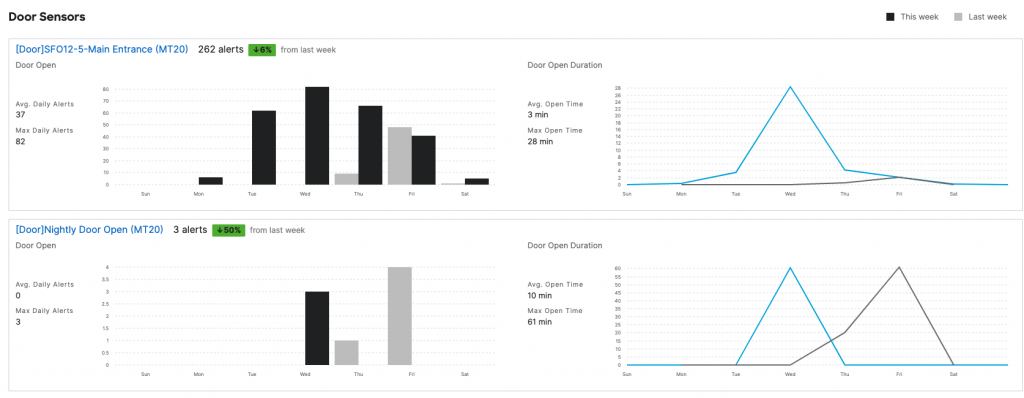
One of the big challenges in hospitality is that places are designed in one way and don’t change over time. Understanding the space you run or work in is instead massively important; it allows you to rework the flow of your environment and adjust it to your needs. To do so, you can’t guess, you have to know. And with cloud managed smart cameras you have data and can access it from anywhere, you don’t just rely on a video of a full bar on a particular Friday night. Data allows you to be profitable, and at the end of the day, business is about generating profit. It could be a door sensor, that tells you how often you open it, at what time, on which day; an air quality monitor, a noise level tracker. If your hospitality environment is noisy, for example, it’s an obstacle to your success; you should keep track of it, compare days, or timeframes, together with a huge amount of data such as capacity, weather, temperature. And with this data, you can work proactively, so implementing new strategies, and retrospectively, analysing the work you’ve done. Think about it, this data has been impossible to gather in the past.
Technology, moreover, should not be seen as an alternative to the magic of a bar, where human interactions are fundamental. It can become a problem when it is too much or, more often, badly implemented. We found out technology was pervasive for the bartender, surrounded as he was by distractions, alarms, notifications, and it could hamper the relation between bartender and guest. That’s why we are talking about a system that’s there to provide insights, without tying up a professional (or a consumer, for that matter: think about an app that makes you order from the table, it takes away the whole experience, and in the long run it will not pay off). The keyword will always be easy, whether it’s a smart button that helps a bartender to call for support, or a simple touch screen, perfectly deployed, that smooths operations up and helps a business grow.
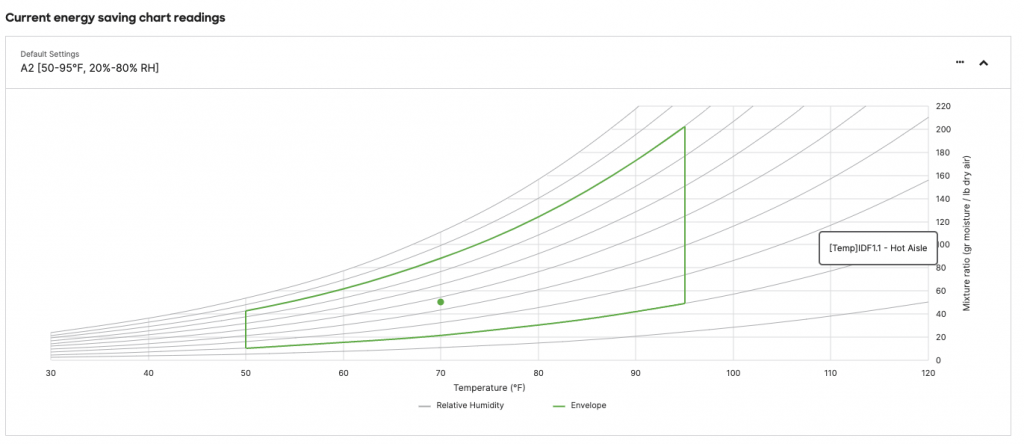
Camera technology is one other big player: if you can see it, so can the camera, and a lot of other business areas are starting to build on it to better shape their activity. Cisco Meraki’s grocery customers are using it to identify gaps on the shelves, to be quickly replenished; rail stations are flowing better because they can recognize big bags on escalators. In logistics, you can count and identify palettes and barcodes. Education, even, is implementing cameras to better understand the flow of students, how students are moving, how many desks they have, etc. When you think about the camera as a sensor, it completely changes the dynamics of bar business: how many guests sat at the bar, where did they sit, how long did they dwell for, am I getting the most out of my space? Those questions can all be answered from built in AI running inside our smart cameras, and you can adjust your work accordingly. And starting with small answers, and solving small problems, it’s the beginning to solve bigger ones in the future.
Joe Weiss


